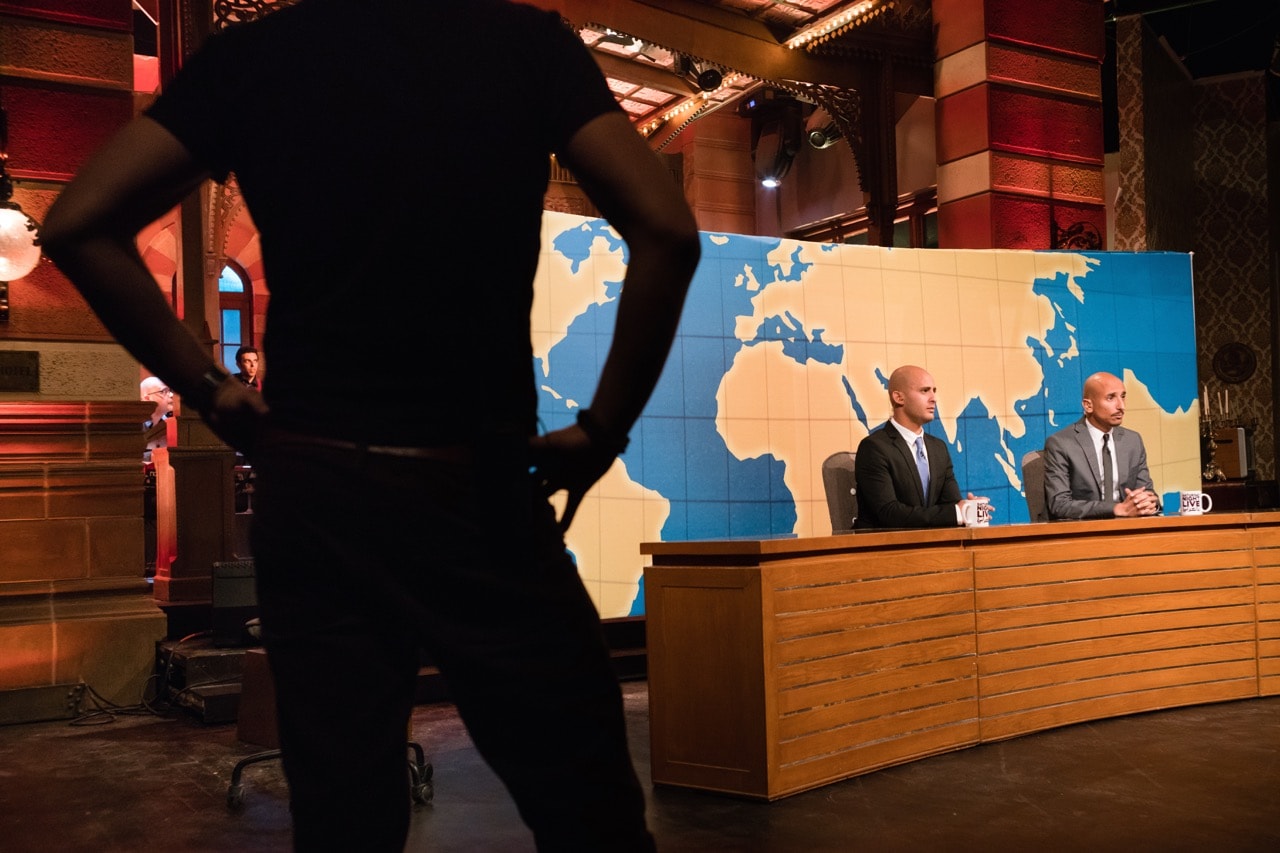After stifling the national media and censoring information on social networks, the Sisi regime has been stepping up its harassment of foreign media.
This statement was originally published on rsf.org on 5 March 2018.
After stifling the national media and censoring information on social networks, Egyptian President Abdel Fattah Al-Sisi’s regime has been stepping up its harassment of foreign media in the run-up to the presidential election that is to be held on 26-28 March 2018.
Viewers of ON TV, a pro-government commercial TV channel, saw a strange confession on 26 February. A young woman called Zubeida claimed she had secretly married without telling her mother and denied being held incommunicado by the police for the past ten months, as her mother had said a few days earlier in a moving account reported by the BBC.
At no point in the 25-minute interview did Zubeida explain why her secret marriage had prevented her from establishing any contact with her mother during these ten months. Um Zubeida (Arabic for Zubeida’s mother) was arrested two days after the interview was broadcast, and her mother’s lawyer went missing the day after that.
Was Zubeida’s confession extracted under constraint? Who was telling the truth, the mother or the daughter? This disturbing case recalls the televised “confessions” given by Chinese dissidents after being the victims of enforced disappearance, especially as the Egyptian authorities immediately used it to discredit the British public broadcaster.
The government ordered a boycott of the BBC, instructing all government officials and members of “the Egyptian elite” not to give interviews to its reporters until it issues a formal apology.
Just 24 hours later, Egypt’s chief prosecutor accused the “forces of evil” of “trying to undermine the security and safety of the nation through the broadcast and publication of lies and false news.” And he ordered all Egyptian prosecutors to monitor the media for “false news.” The chief prosecutor’s statement had the effect of making Egypt’s already widespread surveillance practices official, and of turning the regime’s hostility towards the media into a state ideology.
It was not the first time that the Egyptian authorities have urged the public to mistrust foreign journalists. And it was not the first time that the authorities have tried to discredit them or have prosecuted them. But this time, the impact on the BBC is far from negligible. The interview boycott makes it very hard for its reporters to work.
And on social networks, President Sisi’s supporters have not only approved this draconian measure but have also been calling for foreign reporters, especially the BBC’s, to be expelled as “sponsors of terrorism.”
This latest case has aggravated an already oppressive climate. Speaking to Reporters Without Borders (RSF) on condition of anonymity, many Cairo-based reporters for foreign media say they have been encountering increasingly open hostility in the run-up to the presidential election.
Some have been the targets of pro-government troll armies. BBC Cairo correspondent Wael Hussein’s Twitter account was blocked and a fake one in his name was used to circulate false information. The same thing happened to Reuters reporter Amina Ismail, with several fake accounts being created. But she was luckier: the fake accounts were all blocked and her real one was restored.
The pressure on foreign reporters and news organizations also has more insidious consequences. As a result of being worn down, or in order to keep a low profile, journalists steer clear of the most sensitive subjects.
According to the information obtained by RSF, more correspondents are inclined to leave their bylines off their stories since the BBC affair because they don’t want to be expelled, as Rémy Pigaglio, the correspondent of the French newspaper La Croix, was in 2016.
With many foreign reporters, the fear is all the greater because they have been forced to work without accreditation by the lengthy and complex checks that the intelligence agencies conduct before accreditation is issued. And, by fuelling the mistrust and hostility of both police and public towards foreign reporters, the aggressive official line on the foreign media has increased the danger of being arrested on the street.
As well as having to combat the inclination to censor themselves as a self-defence mechanism, foreign journalists must also be more and more ingenious in their reporting. What with government officials and supporters boycotting foreign media regarded as critical, and people who would be endangered by being quoted in an international media report, finding someone ready to be interviewed has become a major challenge.
Egypt is ranked 161st out of 180 countries in RSF’s 2017 World Press Freedom Index. Most of the independent media have been stifled, either by the blocking of their websites or by being brought under direct control. RSF’s website has been blocked within Egypt since August 2017.



